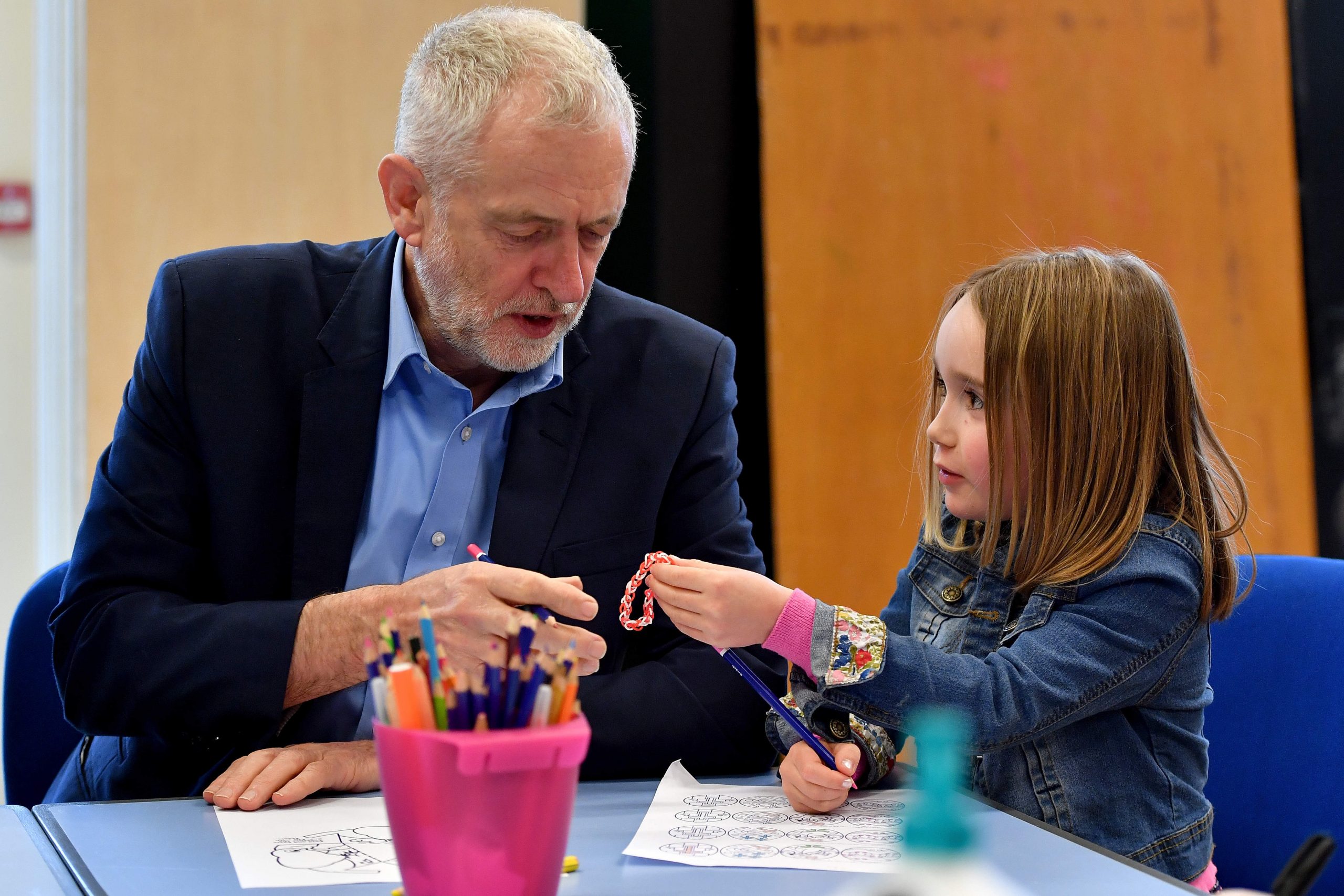
You couldn’t describe a week dominated by a showdown between Russia and the United States as a quiet one, but beyond the frontpages, not much is going on.
Labour are using the recess well with a series of eye-catching policy announcements: universal free school meals for primary pupils, a £10 minimum wage, and today, a pledge to crackdown on late payments by big businesses to small businesses. Jeremy Corbyn will go so far as to name persistent offenders: Capita, Marks & Spencer, Vodafone and EON will all be “named and shamed” by the Labour leader. And there are more announcements to come.
As far as effective opposition announcements go, they tick a lot of boxes: they are popular with the public, they pick a fight, increasing the chances of a second-day story for the opposition, and they unify the parliamentary Labour party. Most importantly, taken together, they have a clear message: Labour will take from the wealthiest to give something to the man in the street, whether that be a free school meal, a higher wage or a reliable cash flow for Britain’s small businesses.
But as Michael Howard and Ed Miliband could tell you, a series of popular policies don’t do much for you if people don’t trust you to manage the public finances and they don’t like your leader. Recess has shown that Corbyn’s office can put together a performance that is the equal of their predecessor. It’s still an open question whether or not they can go one better and turn the public around on their leader.





